Comments from CJ on the proposed points of consensus
CJ just sent in some well-thought-out comments, so I'm posting them right away. I'll add my replies later, but meanwhile we hope to hear from other Reiki practitioners as well:
I love the idea of creating consensus! Thanks so much for this. I'm just
getting up to speed, so my comments go back a bit. As I read the list, I note two
things I have trouble with: statements that as a collection, aren't logical or
supportable; and statements that may be accepted as theories, but in their
current, sweeping form can't be supported as proven truth. To that end -I don't see how if (10) is true (10. We aren't quite sure how Reiki works.),
we can know for sure that 11,12, 13, 14 are. If we aren't quite sure how
Reiki works, then we can't be sure about the scope of what it does or how it acts.
We have indications, observations. We have theories. We can have our experiences,
which increase our individual faith in it as practitioners, but that is not the
same thing as consensus around a known fact and understanding (knowing that
rubbing two sticks together makes fire does not mean that all fire is made that
way, or how the rubbing creates it, or the effect of different types of wood,
atmospheric conditions, etc. etc.) Could we rephrase 11 and 12 to say 'seems to
be' or 'appears to be'*?Also regarding #11, the word 'catalyst' suggests that the practitioner adds something to the experience or effect. Usui Reiki specifically says that this is not the case. The practitioner appears to serve as a conduit for healing universal energy; energy that is then is available for the recipient's body/mind to use as it will. (Some use the energy to die more peacefully. Some may not use the energy. Some may, but may not be aware that they are. Some may not believe they are and thus not recognize evidence of healing!) Thus, being the conduit does not mean that the recipient will become
engaged, or know themselves to be engaged. What about: A Reiki practitioner seems
to function as a conduit for universal energy which the recipient may then use for
physical, emotional, and/or spiritual purposes.And I can't support including 13 and 14 - the claims about no contraindications and never been known to harm. As far as I know, we have stories, but no collected, standardized body of knowledge that allows us to responsibly make these statements. Even a body of stories/clearing house of people's experiences with unexpected or unusual outcomes would help to substantiate this, but to my knowledge, such a thing does not exist. I'm not saying it isn't true, just that we don't know it is. We are guessing. I feel that to state them so strongly goes against the precept we profess - to live honestly. I also believe these statements have the potential to damage our credibility with the scientific community; a community that is just beginning to open itself to the possibility of these modalities.
Regarding:
19. Reiki can be used alone or in conjunction with other natural healing
modalities.20. Reiki can be used alone or in conjunction with conventional
medical care.Could we combine and rephrase so not so sweeping? Reiki is being
used alone and in conjunction with a variety of natural healing modalities and
with conventional medical care.Is there a place for the precepts? A statement that practitioners take a daily oath not to worry, anger, to live honestly, honor others and show gratitude?
PS - I support the decision to leave the 'religious' statements out, beyond those which clarify that Reiki is not a religion and is practiced by practitioners of multiple faiths.
Thanks, CJ. Let's keep the conversation going!











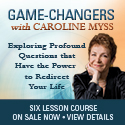
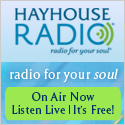








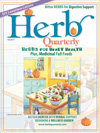
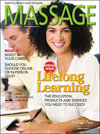

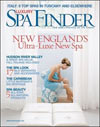
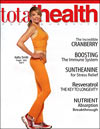






0 Comments:
Post a Comment
<< Home